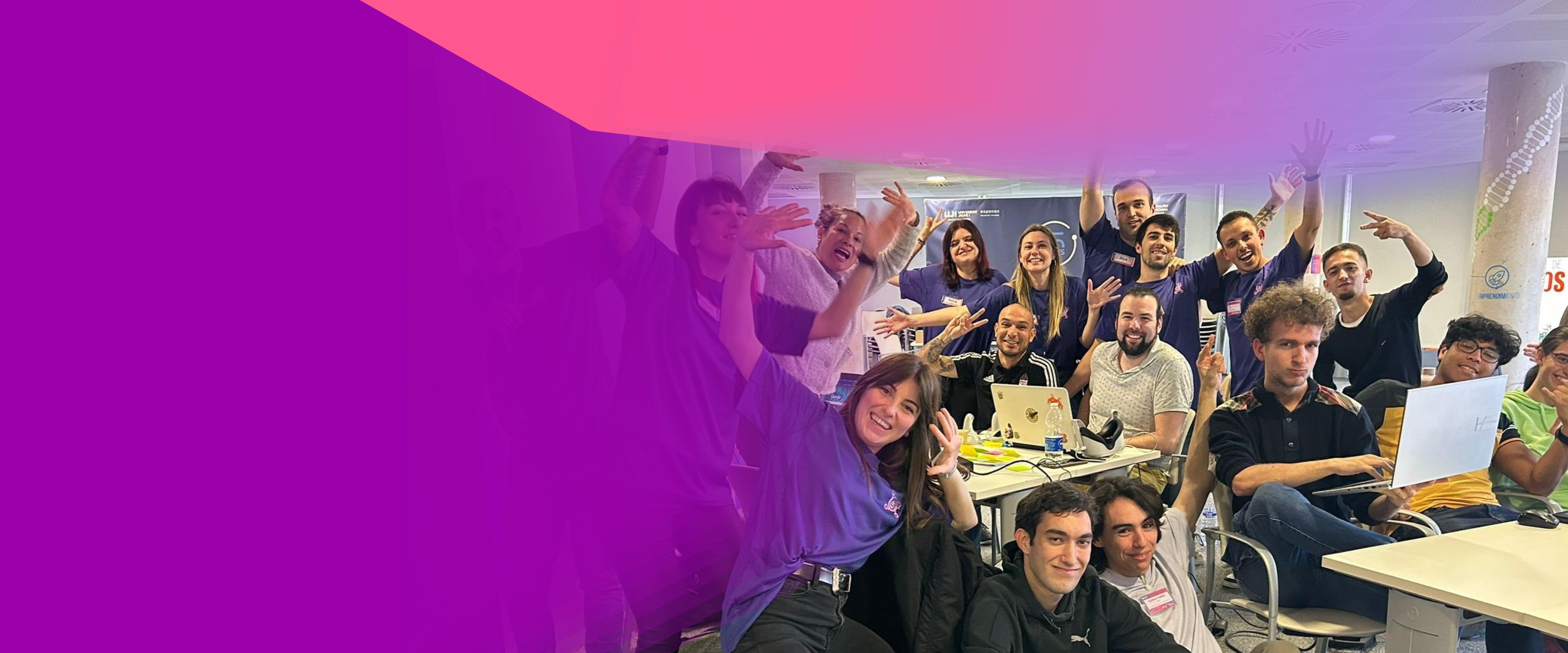LOCAL WINNER
Beginner Awards: Social impact
A Cruise Ship Escape Room Game
Solution details
Our solution/ final experience will consist of a Virtual escape room and a follow-up in person event.
The virtual escape room will serve as a pre-event activity to engage participants, leading up to the main event. Since our audience enjoys physical gatherings, we are integrating this virtual experience into a larger, in-person event.
University students seek opportunities to discover impactful projects they can work on, explore potential career paths, and connect with others interested in environmental conservation. Through our game and in-person event, we aim to support them in achieving these goals.
By empowering these university students we are educating and supporting future problem solvers to identify key opportunities where they can play a role in solving the complex challenge of solving marine pollution.
Tweet / Slogan
✨Player are you ready- Let the game begin.🌊 Tired of the same old routine? Join us on Nov 30th for a thrilling virtual reality game that combines fun with ocean literacy! Dive in, explore, and have a blast! #GameOn #OceanAwareness #VirtualReality

Redesign Learning
Context
Based on the Breaking the Plastic Wave report, Plastic waste generation is expected to double by 2040. At the same time, plastic leakage into the ocean could nearly triple. Worse still, plastic stock, the accumulated plastic already in the ocean, may more than quadruple, creating a massive long-term environmental challenge.
Based on the report, no single solution strategy can stop plastic pollution. To solve the open plastic pollution problem, there is a need for system interventions.
To help bring this system-level change, we are creating an innovative learning game to engage students and entrepreneurs in fostering ocean literacy and systems thinking skills to tackle marine plastic pollution. By creating game-based learning experiences, we plan to make sustainability education more engaging and effective in preparing the next generation of leaders and decision-makers to have system-thinking skills that can enable them to tackle the complex challenges of marine pollution.
Who Benefits?
Our main target group is university students who study Environmental science and entrepreneurs.
System thinking is one of the key competencies required for students and professionals to become agents of change for sustainability. Through an engaging and interactive experience, learners will develop systems thinking knowledge and skills needed to protect, restore, and secure the resilience of ocean ecosystems, particularly by addressing plastic pollution.
We also plan to make part of our solution available to the Blue Anew Network to share as a free learning experience available to schools.
Impact
The success of the game will be measured by:
- The number of people who complete the game and meet the learning objectives embedded in the experience.
- The number of game replays. We hope the game is engaging enough for learners to want to replay it and master the concepts.
- Behaviour change data on skills acquired through the game. Through repeated gameplay over several months, we can measure the learners’ knowledge retention and behaviour change over time.
- The number of commitments made by learners to take action against marine pollution. We will ask learners to make commitments.
Team work
Our team is well suited for this project as we bring diverse skills and resources to this project.
Violet Warutere is an Environmental Science student and videographer. She brings a deep understanding of university students’ interests and strengthens our connection with this audience. Her videography skills will enhance the experience, making it more visually engaging and appealing.
Lilian Warutere is a learning designer, focused on creating impactful and engaging learning experiences. She will apply evidence-based methods to ensure the experience is both effective and impactful.
We are both very passionate about the environment and creating engaging learning experiences.
Innovativeness
This game will offer a unique way of learning about the ocean and plastic pollution. In Kenya, we have not seen any games focused on plastic pollution, so this game will be first in the market.
Through the game, we plan to:
1. Help track learner’s ability to meet the sustainability challenges we present in content
2. Identify opportunities to improve program content on building system thinking skills
3. Create a lead magnet to get more entrepreneurs and funders, and position this game as a strategic experiential data-driven training that enhances sustainability skills.
Transferability
The solution can be used in other contexts where the audience speaks English, is able to interact with technology, has internet access and has basic reading and writing skills.
The game can be designed to also work offline but tracking learner performance will be difficult in an offline setting.
Sustainability
We plan to run the game as a pre-event activity to build engagement and increase attendance for a paid in-person event.
To sustain this initiative, we will partner with other environmental organizations for financing and to expand the reach of this solution.
Additionally, we are considering partnerships with eco-friendly product companies to help boost their sales, generating funds to support this game’s development and future projects.
